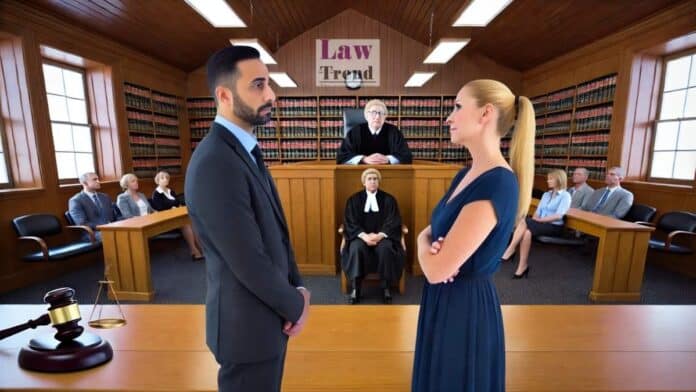The Supreme Court of India, in Rohan & Ors. vs State of Gujarat & Anr., quashed a criminal proceeding initiated by the wife against her husband and in-laws, citing the allegations as frivolous and an abuse of the legal process. The bench comprising Justice Sudhanshu Dhulia and Justice K. Vinod Chandran found no material evidence
To Read More Please Subscribe to VIP Membership for Unlimited Access to All the Articles, Download Available Copies of Judgments/Order, Acess to Central/State Bare Acts, Advertisement Free Content, Access to More than 4000 Legal Drafts( Readymade Editable Formats of Suits, Petitions, Writs, Legal Notices, Divorce Petitions, 138 Notices, Bail Applications etc.) in Hindi and English.




